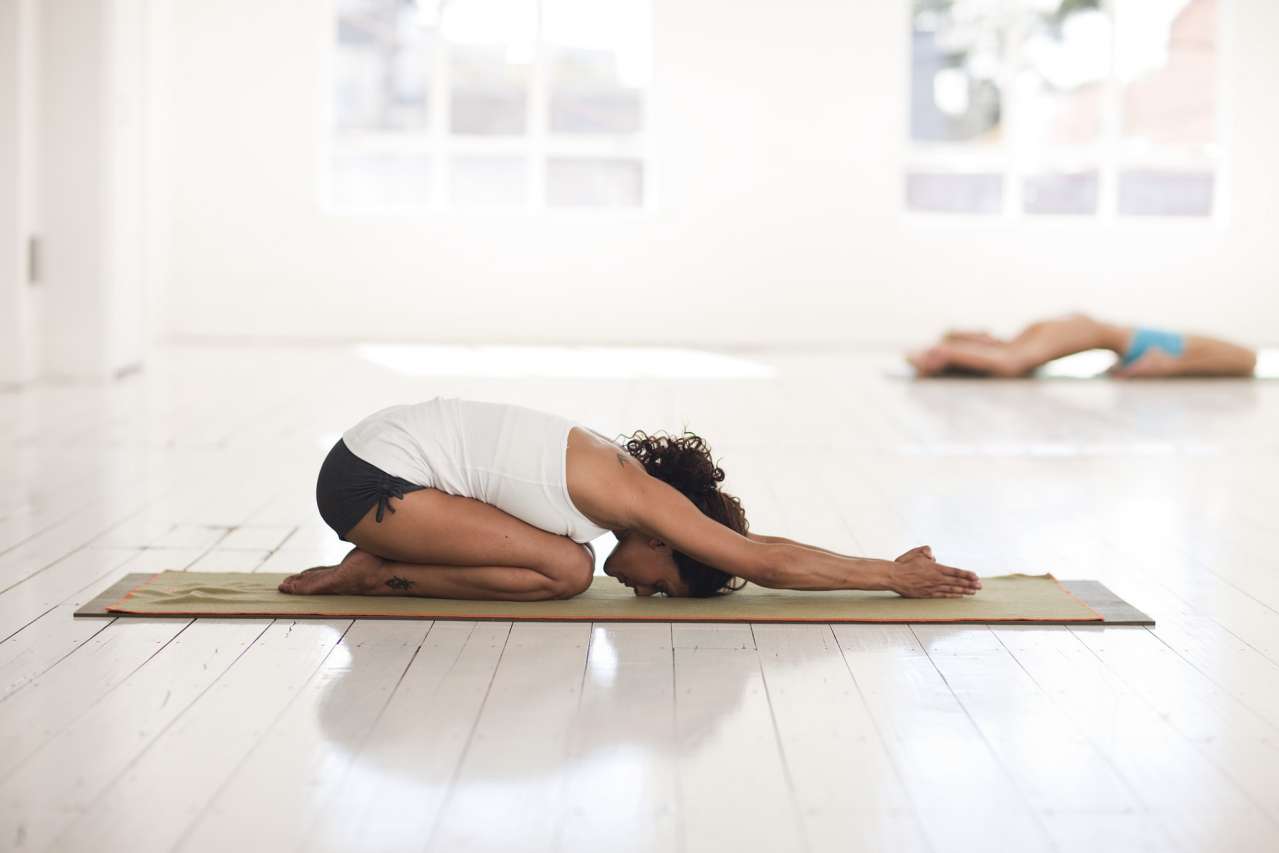Psychologist's Opinion: What are the Benefits of Breathing Practices
In fact, using breathing exercises along with counseling and other treatment options can effectively reduce anxiety, especially in people with generalized anxiety disorder.
What are the benefits of breathing exercises
Respiratory gymnastics is able to reveal the internal reserves of the human body, activate the work of internal organs and systems, enhancing metabolism.
Breathing exercises cleanse the mucous membrane of the respiratory tract, strengthen the respiratory muscles.
Breath-focused meditation is known to have a positive effect on various cognitive processes, increase attention, reduce emotional lability, and promote positive emotions.
So, with a strong fright, tense expectation, people involuntarily hold their breath (hold their breath).

Holding your breath is a way to avoid deep sensory experiences (anger, sadness, fear). Tension in the muscles of the neck and throat creates an obstacle to full breathing, which gives rise to anxiety.
Holding the breath while exhaling changes blood circulation, increases the concentration of carbon dioxide in the blood, body temperature, metabolism and sweating, reduces the heart rate (HR), improves mental activity, intuition, digestion, endocrine glands and the nervous system.
